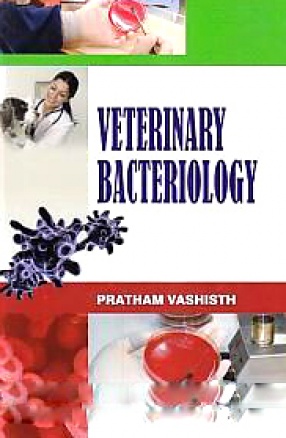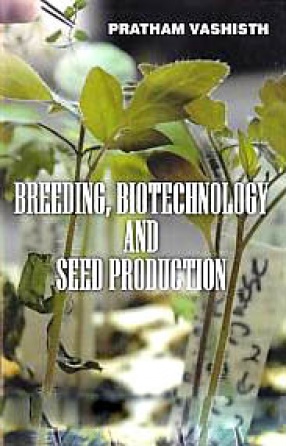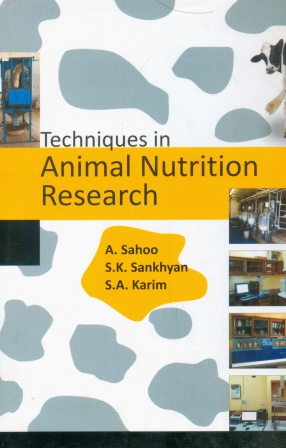Over the last 150 years many national governments have been concerned about pollution and have attempted to control it with legislative action. Many of the processes currently used by public agencies and industry for the treatment of effluents, residues and contaminated environments rely heavily on microbial control of pollution is not a new topic. Environmental biotechnology can be defined as a discipline that studies the application of biotechnology to solve environmental problems. While it encompasses the traditional processes of potable water production, wastewater purification, solid waste treatment and soil and sediment clean up, it also includes newer developments such as the use of bio-pesticides, bio-remediation of recalcitrant pollutants and biosensors for environmental monitoring. At present, the world is facing a number of formidable environmental problems including acid rain, depletion of the ozone layer, the disposal of animal waste, enrichment of ground and surface waters with nutrients and recalcitrant pesticides and metals. These problems can no longer be solved by a limited number of straightforward techniques, but require an integrated approach based on technology, as well as a detailed knowledge of environmental biology and ecology. This book sums up the concepts of environmental Biotechnology and is a valuable source of information.
Veterinary and Medical Mycology
$97.20
$108.00








There are no reviews yet.